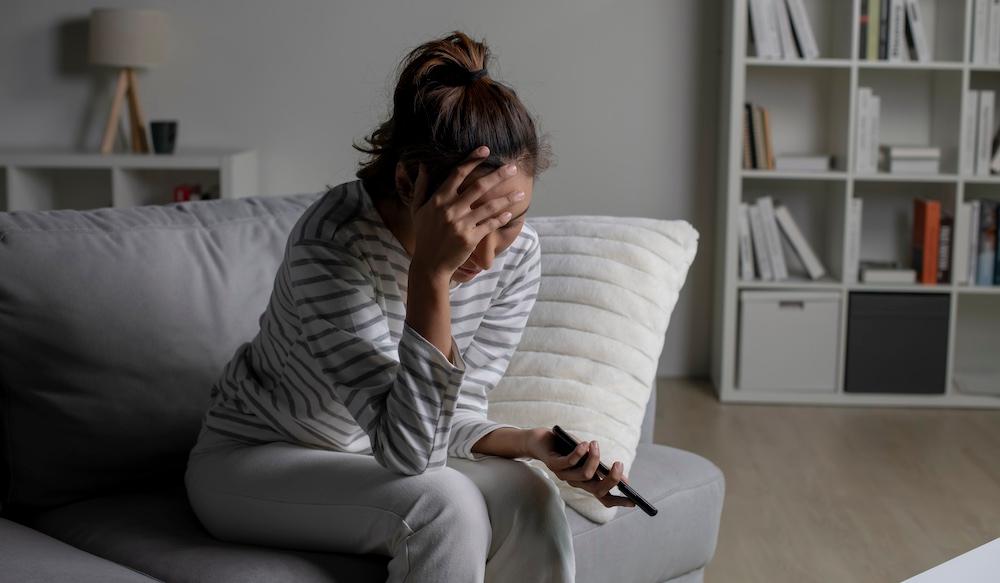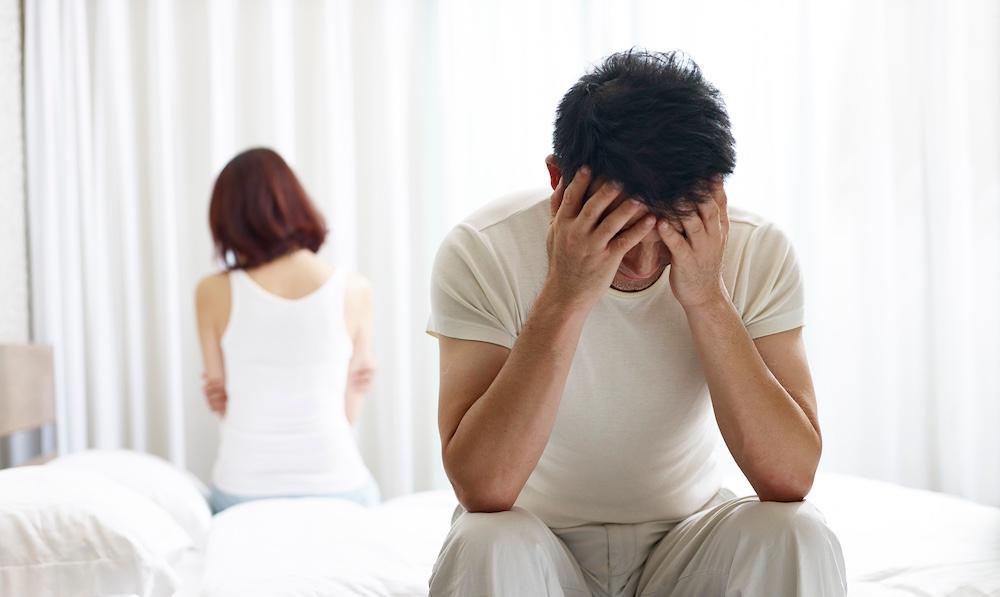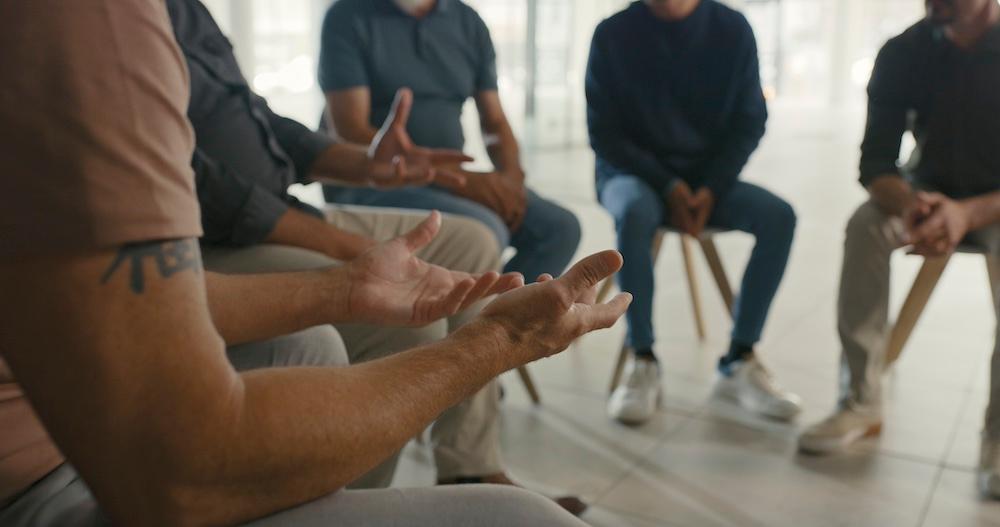The Signs of Porn Addiction, and How to Start the Road to Recovery
No matter what, you can beat porn addiction and live the life you truly want. Here is what you need to get started and make changes.
Published April 9 2024, 12:33 p.m. ET

Although addiction can take many forms, common ones like gambling, drugs, and alcohol are well-known to many people across the world. Over the years, the conversation around these issues has expanded and more resources have been allocated to those who need help with other things.
For many, it may not seem that serious or like an excuse to get away with unwanted behavior, but did you know you can be addicted to pornography? In fact, Addiction Help points out that about 200,000 people in the U.S. deal with a porn addiction. If you feel like you or someone you know is struggling in this way, there are key signs of porn addiction to look out for.

What are the signs of porn addiction?
According to WebMD, porn addiction is defined as an obsession with looking at pornographic content even when you don't want to or shouldn't be doing so. This can get so bad that it interferes with your regular life, whether at work, school, or home. And with porn being so accessible and free online these days, it's easier than ever to become attached to it.
If you are concerned that you or a loved one may be addicted to porn, here are some signs to look out for, as per WebMD:
If you are concerned that you or a loved one may be addicted to porn, here are some signs to look out for, as per WebMD:
- Isolating yourself or no longer wanting to attend social events
- Continuously wanting to consume more porn over time even if you don't enjoy it
- Watching or wanting to watch porn to the point that it gets in the way of your everyday life
- Spending excess amounts of money on porn
- Watching porn even when you don't want to
- Neglecting needs and self-care
- Not enjoying your sex life as much as before
- Watching porn excessively for six or more months
- Hiding porn or lying about how much you watch
- Taking risks to view porn.

Although anyone can develop an addiction to anything, Addiction Help points out that people with mental health concerns or those who are currently experiencing addiction to something else can make them more likely to develop a dependence on porn. Sandstone Care mentions that low self-esteem and unresolved trauma can also make an individual more likely to develop an addiction.

There are resources available for anyone dealing with a porn addiction.
While it is unfortunate for many that the internet has made porn access so easy, it has also made resources so much more accessible than before. Here are some options for help to consider:
- Family Strategies Counseling Center: There are separate programs for adults, college students, and teens. You can call at (800) 614-8142.
- Therapy Associates: There's a program here that specializes in porn addiction in teens.
- Substance Abuse and Mental Health Services Administration (SAMHSA): This service has a national helpline, 1-800-662-HELP (4357) that's open 24/7 all year around. It also helps you find services in your area and will work with your insurance or lack thereof.
- Porn Addicts Anonymous: This is a 12-step fellowship with a quiz on its homepage that helps you determine if you have a problem.

How do you stop a porn addiction?
If you feel like you or a loved one may be experiencing a porn addiction it's best to seek out a mental health professional. Sandstone Care states that therapy can be a great place to begin because you will be able to work with someone about your specific needs. Then, they can work with you to develop a plan to move forward.
Additionally, WebMD mentions that different kinds of therapy can help you in various ways. With cognitive behavioral therapy (CBT) for example, people can focus on accepting themself and their porn addiction while they actively work to make choices that are better for their overall health and lives.
Also, you can join support groups about to help you talk through your issues with others who have been through similar situations. This particular approach can help you face the isolating factors.